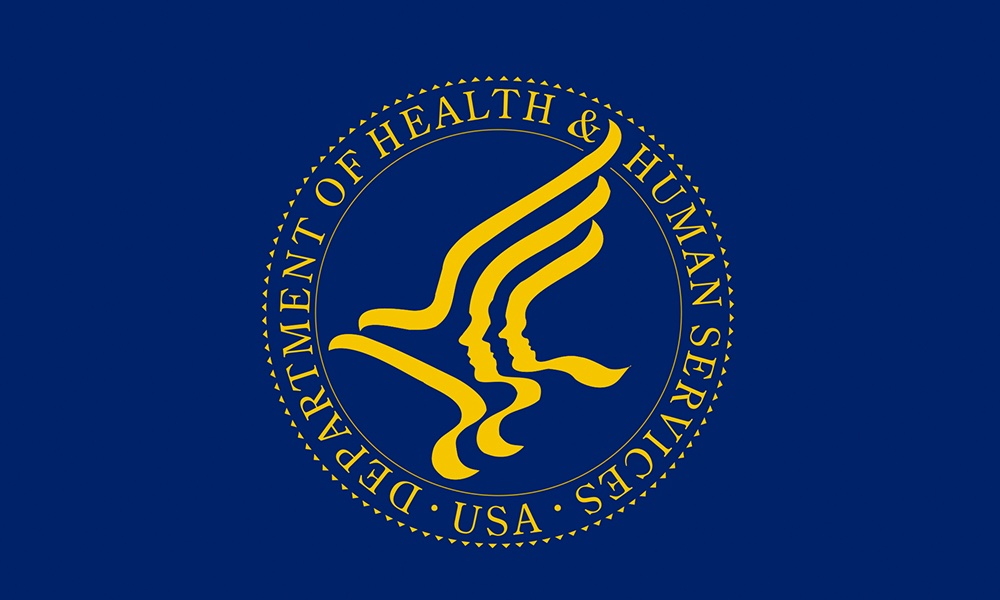If you have cancer and live in one of the states that expanded their Medicaid programs in 2014, you can at least be grateful for something: You have a far greater chance of survival than someone living in a state that chose not to expand Medicaid access.
A study looked at the survival rates of over a half million patients across the country who were newly diagnosed with breast, lung or colorectal cancer from 2012 through 2015.
Mortality rates for patients in states that expanded their Medicaid programs were compared with those living in states that did not participate in Medicaid expansion."Increased Medicaid coverage may remove barriers to accessing the healthcare system for screening and timely symptom evaluation, and that can translate into better outcomes for patients."
The idea behind the expansion was that greater access to care would improve cancer mortality rates — the time from initial cancer diagnosis to death. Previous studies of cancer patients had shown Medicaid expansion to be associated with fewer uninsured patients, increased screening and earlier diagnosis. But there were also a few reasons to think it might make them worse.
“It's been thought that expansion might improve mortality by fostering earlier detection, earlier stage of diagnosis, and improved access to treatment. On the other hand, it could worsen mortality by creating an influx of newly covered patients that strains hospitals' resources,” the lead author of the new study, Miranda Lam, explained in a statement.
When it came to people who were newly diagnosed with breast, lung or colorectal cancer, expanded Medicaid eligibility under the Affordable Care Act was associated with decreased mortality, largely due to their cancer being diagnosed at an earlier stage that it was in states that did not expand Medicaid eligibility.
“We found that Medicaid expansion was associated with a significant decrease in mortality compared to states without such expansion,” said Lam. Looked at from the pre- to the post-expansion period, people had a two percent decline in hazard of death if they lived in states opting for Medicaid expansion. There was no change in mortality among those living in states that chose non-expansion.
The biggest difference in mortality between the expansion and non-expansion groups was seen in patients whose cancers hadn't reached a metastatic stage and are considered curable.
The improvements disappeared when investigators adjusted for cancers diagnosed at later stages, strongly suggesting the decline in mortality associated with Medicaid expansion is a byproduct of diagnosing cancer earlier. As Lam pointed out, “Increased Medicaid coverage may remove barriers to accessing the healthcare system for screening and timely symptom evaluation, and that can translate into better outcomes for patients.”
Reductions in mortality among Medicaid-expansion states were seen in all population groups. “We were reassured to find that patients living in areas of the lowest quartile of median household income showed a modest decrease in mortality after Medicaid expansion,” she added. “We also found that the mortality improvements occurred in both Black and white populations.”
The study appears in JAMA Network Open.





